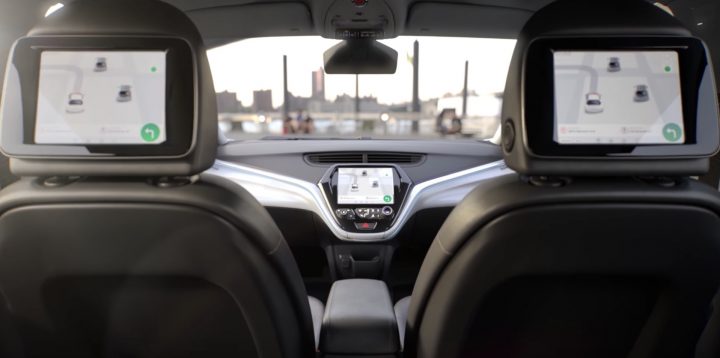There are no self-driving cars available right now. It may be hard to believe with all the hype surrounding the emerging technology, but it’s still just hype—excited fanboys buoying a new piece of hardware far above its actual capabilities. It’s dangerous rhetoric. However, automakers and tech companies are racing to introduce the technology to the masses. Except the masses may not even want self-driving cars, at least not yet, according to an American Automobile Association study highlighted by Bloomberg.
Seven out of 10 of those surveyed want nothing to do with the technology even as 55 percent of those surveyed believed most cars would have the ability to drive themselves by 2029. Much of the apprehension with the technology likely stems from the unknown. Fifty-three percent of those surveyed said they’d be comfortable using a fully autonomous vehicle at low speeds like a people-mover at an airport. However, only 44 percent of respondents said they’d be comfortable with autonomous delivery vehicles. And only 19 percent said they’d feel comfortable putting a child or family member into a self-driving car.

But it’s not all doom and gloom for autonomous vehicles. Cars equipped with automated driver assistance systems such as automatic emergency braking and lane-keep assist appear to make people more likely to trust fully autonomous vehicles—68 percent of respondents, according to the study.
Growing consumer trust is key to the success of autonomous vehicles. Cruise Automation, Waymo, and 22 other organizations formed Partnership for Automated Vehicle Education (PAVE), a coalition designed to familiarize the public with self-driving cars through test rides, educational workshops, and informational materials.
There will need to be a massive educational push as autonomous vehicles become more ubiquitous to ensure passengers understand the capabilities and limitations of the technology—and the differences between make and models. Not correctly educating consumers on how the new technology operates could lead to consequential failures, injuries, and death. Driver education in the U.S. is already abysmal, and the influx of self-driving cars could complicate an already poorly implemented educational program.
Read more: Consumers Wary Of Self-Driving Cars In Latest Study
Seven out of 10 of those surveyed want nothing to do with the technology even as 55 percent of those surveyed believed most cars would have the ability to drive themselves by 2029. Much of the apprehension with the technology likely stems from the unknown. Fifty-three percent of those surveyed said they’d be comfortable using a fully autonomous vehicle at low speeds like a people-mover at an airport. However, only 44 percent of respondents said they’d be comfortable with autonomous delivery vehicles. And only 19 percent said they’d feel comfortable putting a child or family member into a self-driving car.

But it’s not all doom and gloom for autonomous vehicles. Cars equipped with automated driver assistance systems such as automatic emergency braking and lane-keep assist appear to make people more likely to trust fully autonomous vehicles—68 percent of respondents, according to the study.
Growing consumer trust is key to the success of autonomous vehicles. Cruise Automation, Waymo, and 22 other organizations formed Partnership for Automated Vehicle Education (PAVE), a coalition designed to familiarize the public with self-driving cars through test rides, educational workshops, and informational materials.
There will need to be a massive educational push as autonomous vehicles become more ubiquitous to ensure passengers understand the capabilities and limitations of the technology—and the differences between make and models. Not correctly educating consumers on how the new technology operates could lead to consequential failures, injuries, and death. Driver education in the U.S. is already abysmal, and the influx of self-driving cars could complicate an already poorly implemented educational program.
Read more: Consumers Wary Of Self-Driving Cars In Latest Study


